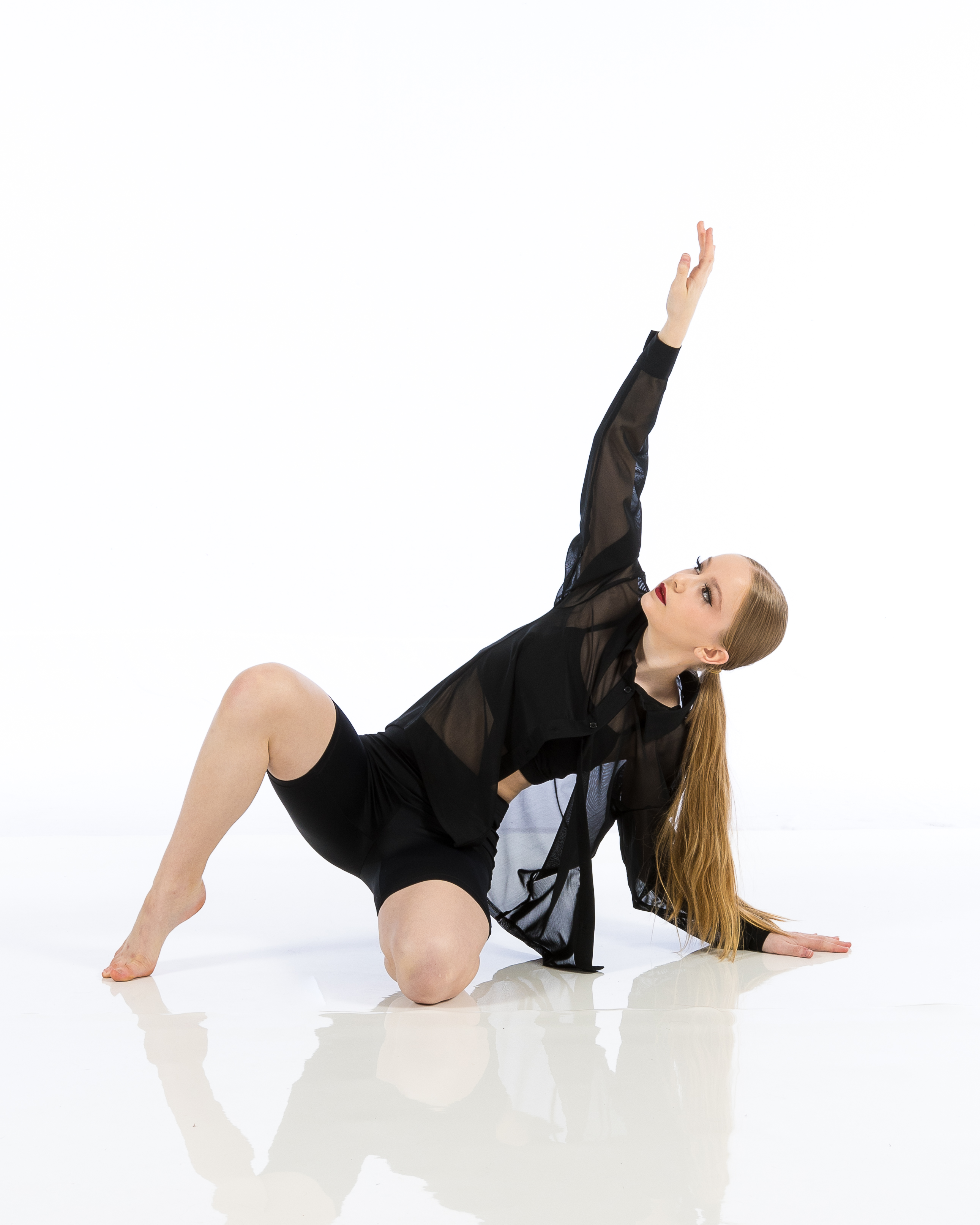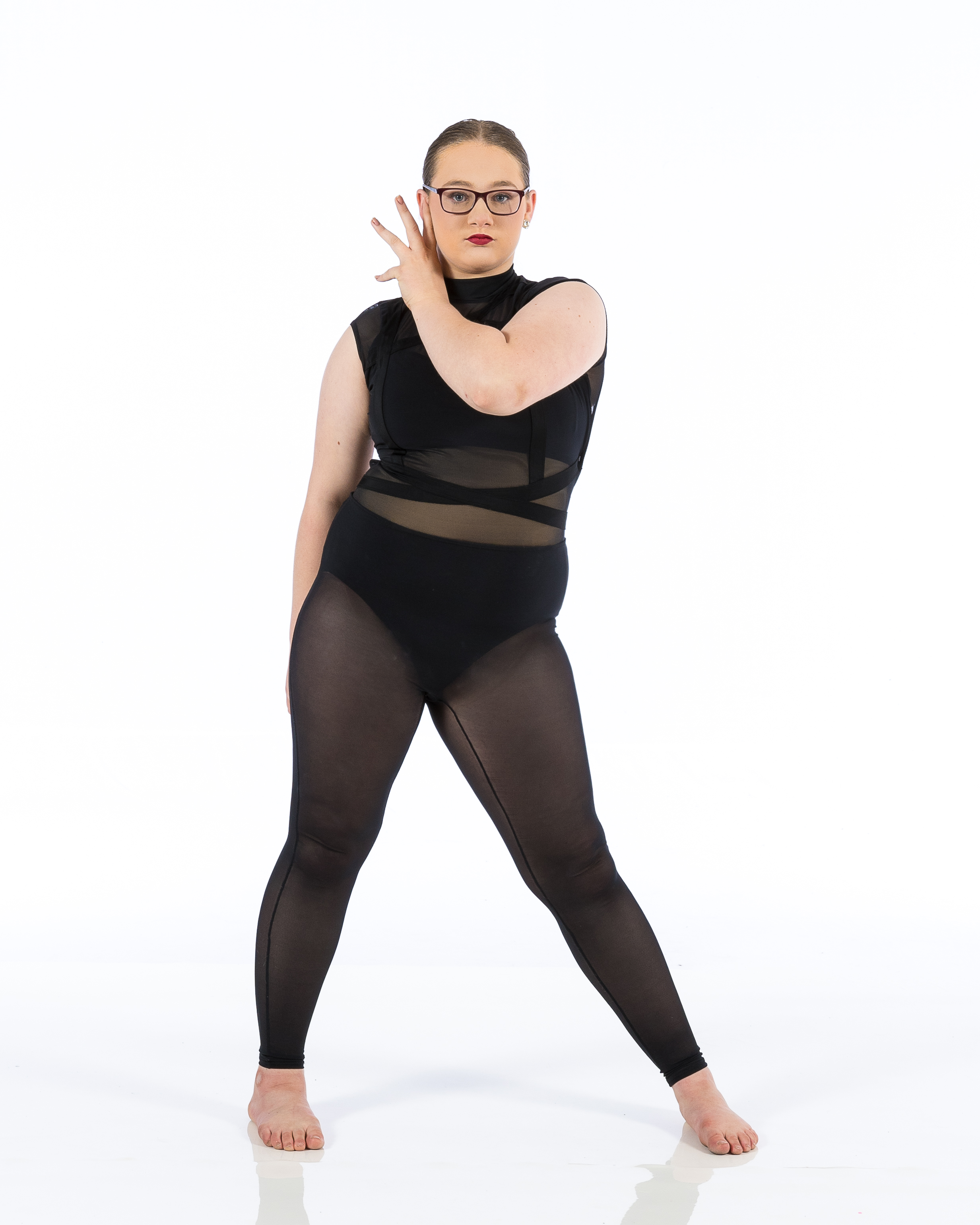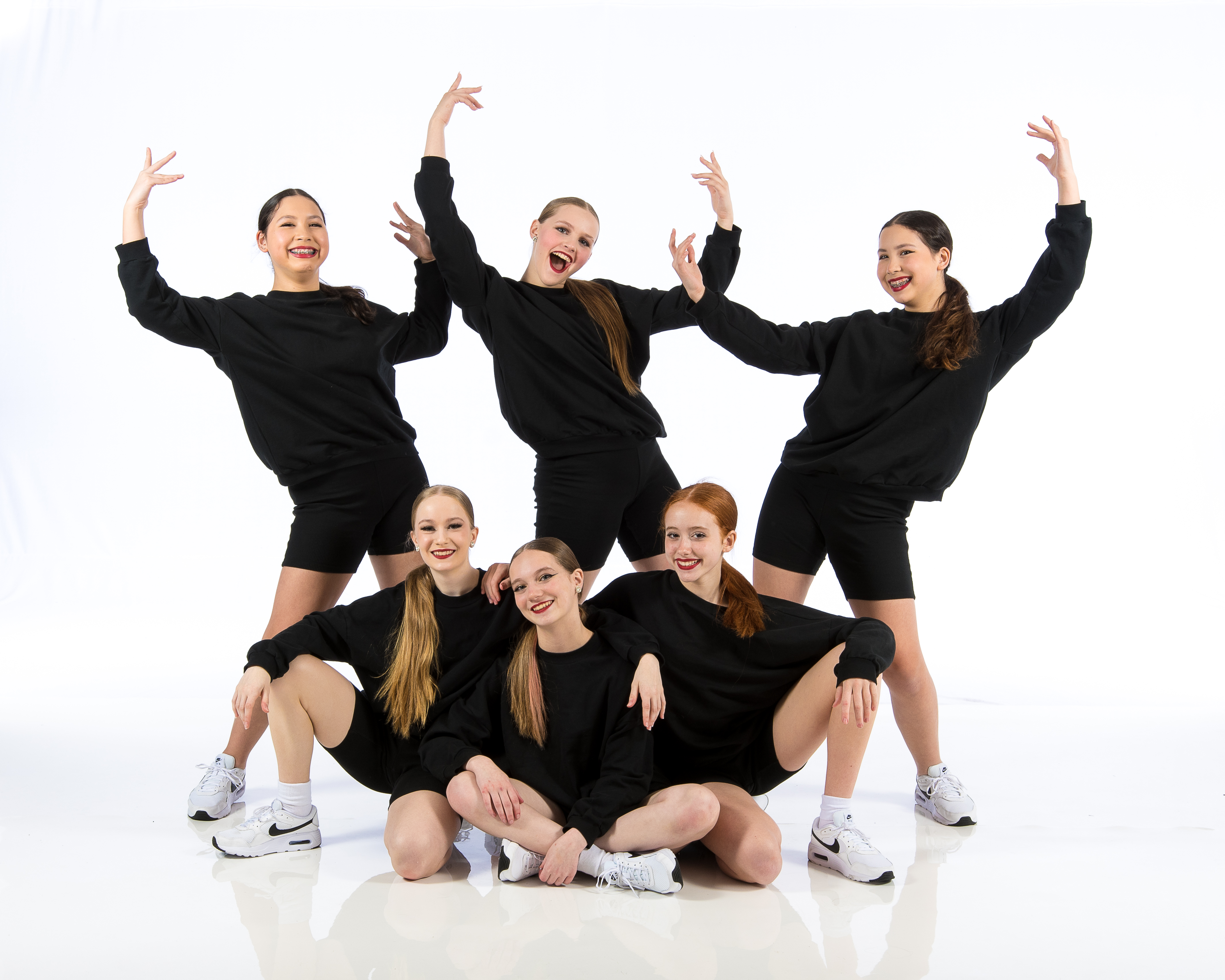Introduction
Dance is an art kind that transcends obstacles, unifies neighborhoods, and ruptureds with the vitality of human expression. Whether you're a budding dancer entering a dance studio for the first time or a knowledgeable performer aiming to fine-tune your craft, comprehending dance studio rules is crucial for guaranteeing a positive experience. This substantial guide entitled From Beginner to Specialist: Browsing Dance Studio Decorum for an Unified Experience will take you via every aspect of dance studio habits, giving understandings that will elevate your experience and foster more powerful connections within the dancing community.
Understanding Dance Studio Etiquette
What is Dance Studio Etiquette?
Dance studio decorum refers to the collection of unwritten rules and social norms that govern behavior in a dance class setting. Similar to any type of other creative setting, valuing these standards can enhance not just your learning experience but likewise that of your peers.
Why is Dance Studio Decorum Important?
Adhering to proper etiquette assists create an ambience of respect, emphasis, Dance Classes and collaboration. It promotes a sense of neighborhood and permits dancers to support each other in their development while reducing diversions during class.

From Novice to Specialist: The Relevance of First Impressions
Preparing for Your Initial Class
Walking into a dance studio for the first time can be nerve-wracking. To make an unforgettable impression:

- Dress suitably: Put on comfortable clothing ideal for the sort of dancing you're studying. Arrive early: Aim to arrive at least 10-- 15 mins before class starts. This provides you time to check in, warm up, and work out in.
Greeting Your Instructor
A friendly greeting collections the tone for your experience. Constantly introduce yourself if it's your extraordinary! A simple "Hey there" or "Good morning" can go a lengthy means in establishing rapport.
Classroom Conduct: The Do's and Do n'tshtmlplcehlder 46end.
Do's: Favorable Behaviors
Be Respectful: Regard everybody's individual room-- specifically when practicing moves. Listen Proactively: Program attentiveness when trainers are talking; it reveals you value their guidance. Support Your Peers: Urge fellow dancers; positivity types encouragement.Don'ts: Negative Behaviors
Avoid Distractions: Maintain individual discussions outside the classroom. Don't Use Your Phone: Silence your phone during course; it's disruptive. Refrain from Interrupting: Wait up until the trainer surfaces before asking questions.The Role of Individual Area in Dancing Studios
Understanding Boundaries
Personal space differs from person to person, particularly in a dancing setup where physical distance is typically necessary throughout method routines.
Communicating Convenience Levels
If you really feel unpleasant with how close one more professional dancer is getting throughout partnered exercises or developments, it's important to connect this politely and professionally.
Maintaining Expertise: Gown Code and Grooming
Importance of Proper Attire
Each dancing design usually has its very own dress code-- whether it be leotards for ballet or baggy apparel for hip-hop courses-- sticking to these requirements demonstrates regard for both your craft and your instructor.
Personal Health Matters
Dancing needs physical effort, which can lead to perspiration. Ensure you keep excellent health by bathing before class and using clean attire.
Behavior Throughout Course: Concentrating On Learning
Engaging with Instruction
It's crucial to remain concentrated during presentations. Instead of simply seeing, proactively involve by envisioning exactly how you would implement each movement.
Asking Inquiries Appropriately
Curiosity enhances finding out! If something isn't clear, feel free to ask concerns-- however ensure they are relevant and presented at suitable times (ideally after directions).
Feedback: Embracing Constructive Criticism
Accepting Responses Gracefully
Constructive criticism is part and parcel of growth in any type of art type. Welcome feedback with an open mind and prevent becoming defensive; bear in mind that review aims to aid enhance your skills!
Offering Feedback Thoughtfully
When offering comments to peers, ensure it's useful as opposed to crucial; focus on what they did well along with locations for improvement.
Creating Harmony Via Teamwork
The Relevance of Group Spirit
In many dancing styles, synergy plays a critical function; developing camaraderie with fellow dancers results in improved performances.
Collaborating During Team Exercises
When involved in group jobs or choreography practices, motivate creative thinking by respecting everyone's ideas while likewise adding yours constructively.
Handling Disputes Gracefully
Addressing Arguments Maturely
Conflict may emerge because of misconceptions or differing viewpoints on choreography choices. Take on these issues privately instead of publicly broadcasting complaints which might interrupt course harmony.
Seeking Mediation When Necessary
If conflicts escalate past personal resolution efforts-- seek support from trainers who can mediate efficiently based on their experience taking care of similar situations.

Post-Class Decorum: Leaving on a Great Note
Thanking Trainers After Class
Always share gratitude in the direction of your instructor after lessons; this reinforces positive partnerships while recognizing their tough work!
Keeping the Workshop Clean
Whether it's getting canteen or neatly preparing props post-class-- maintaining sanitation lionizes for shared spaces utilized by all dancers!
Engaging Beyond Course Time: Structure Community Relationships
Joining Social Events
Participate in social events organized by studios such as displays or open homes-- these events supply possibilities for networking while improving neighborhood ties outside organized lessons!
Supporting Fellow Dancers' Performances
Attending peers' performances demonstrates solidarity within the dancing area-- it encourages interaction beyond plain attendance at classes!
Frequently Asked Questions (Frequently asked questions)
1. What must I put on for my first dance class?
Select comfy clothes appropriate for the specific design you're taking (e.g., leotards for ballet). Constantly ask about outfit codes beforehand!
2. Is it all right to speak throughout class?
It's ideal practice not to take part in side conversations throughout guideline as this distracts both trainers & & fellow pupils alike!
3. Just how do I handle feeling overwhelmed?
Take deep breaths & & advise on your own that every professional dancer began somewhere! Connect any deal with instructors that may supply added support if needed!
4. What if I disagree with choreography choices?
Express concerns professionally either privately or within designated comments sessions as opposed to honestly critiquing during rehearsals; preserving professionalism and trust helps solve disputes amicably!
5. Need to I bring water right into the studio?
Definitely! Staying moisturized improves efficiency levels; just make sure containers are securely shut so spills do not take place on floors where others are dancing!
6. Just how important is punctuality?
Preparation is critical as arriving late disrupts focus levels while triggering interruptions; purpose constantly arrive early adequate permitting time workout effectively prior to courses commence!
Conclusion
Navigating with a dance studio atmosphere can appear discouraging in the beginning look however understanding correct decorum inevitably transforms one's trip from newbie standing toward professional degree creativity! By sticking closely well established behaviors detailed throughout this overview labelled From Amateur To Expert: Navigating Dance Studio Decorum For An Unified Experience *, you'll cultivate important friendships within areas enriched creativity while sharpening technological expertise along with respected advisors! So lace up those shoes with confidence tip onto that floor-- the world awaits your distinct expression through movement!